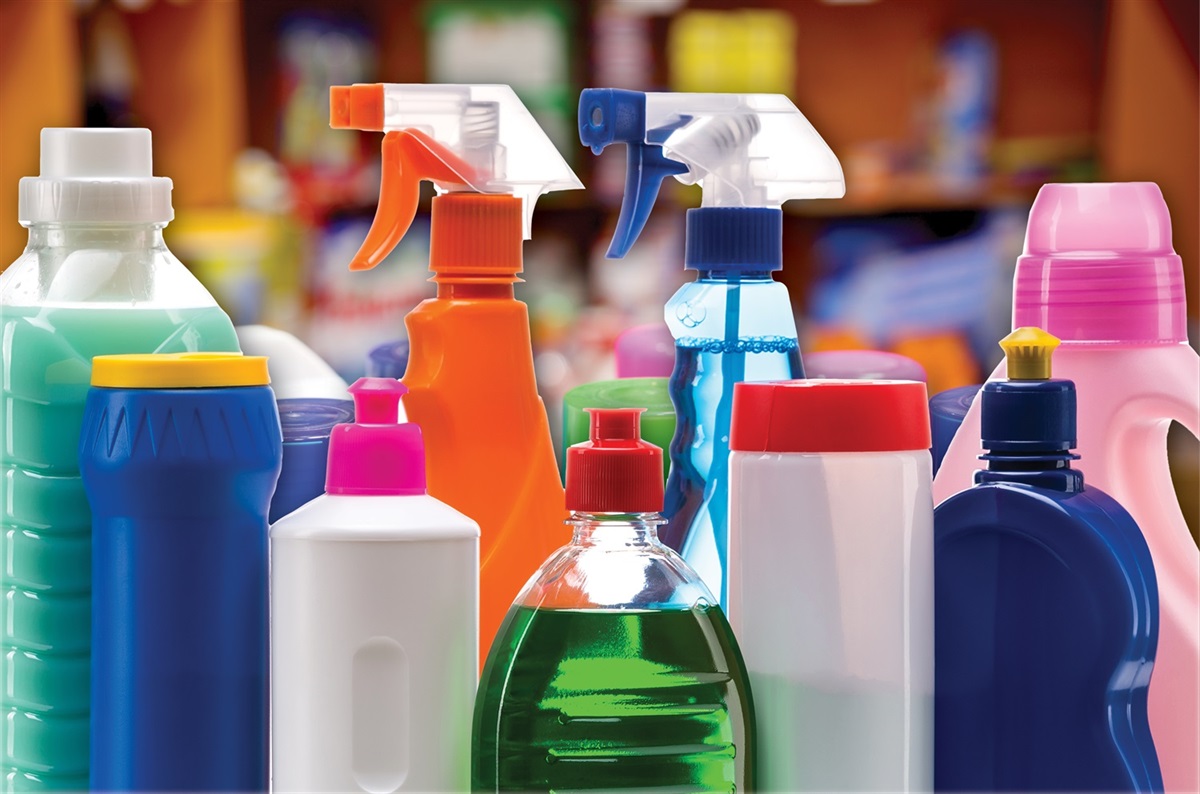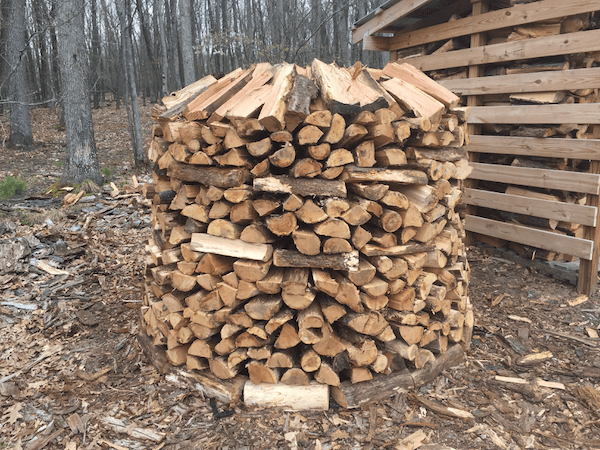
DIY Roof Leak Inspection and Repair: Practical Solutions

Assessing the Situation: Identifying Roof Leaks
Roof leaks can lead to significant damage if not addressed promptly. Begin your DIY inspection by identifying potential signs of roof leaks. Look for water stains on the ceiling, dampness in the attic, or visible water dripping during rain. Identifying the source is crucial for effective and targeted repairs.
Safety First: Preparing for DIY Roof Inspection
Before climbing onto the roof, prioritize safety. Ensure you have a sturdy ladder and proper safety gear, including non-slip shoes and a harness if needed. Choose a clear day with dry conditions to conduct your inspection safely. Take









:max_bytes(150000):strip_icc()/winterize-outside-faucets-2718702-03-a7d5fa28e8df4f11a1700e1c359ddfc3.jpg)



